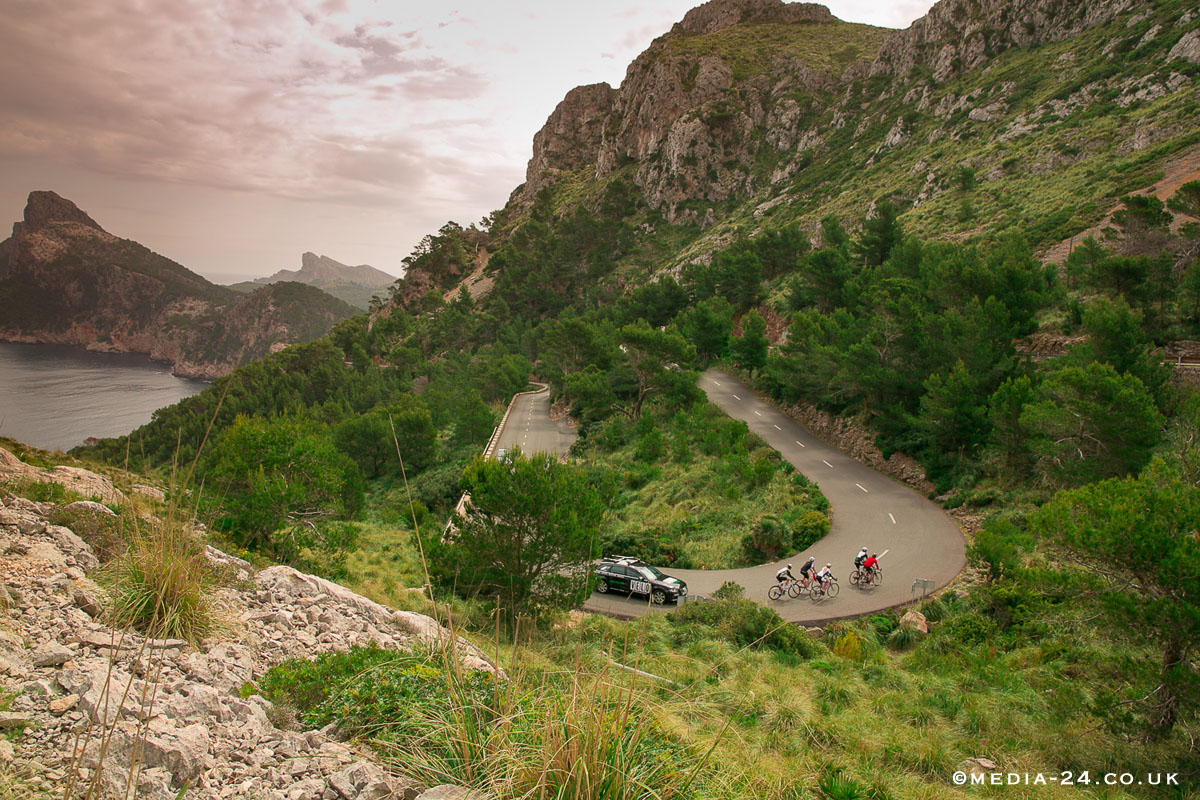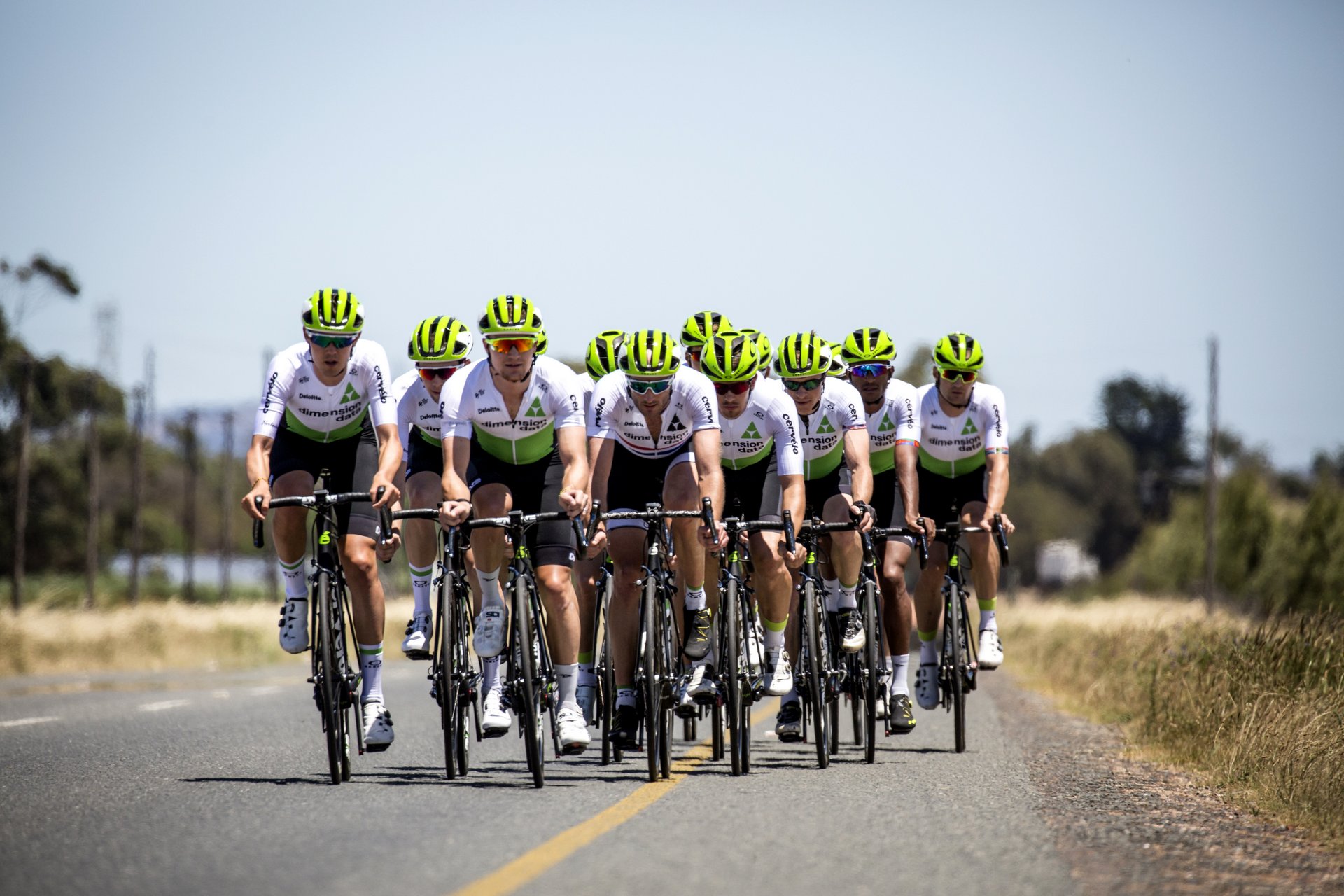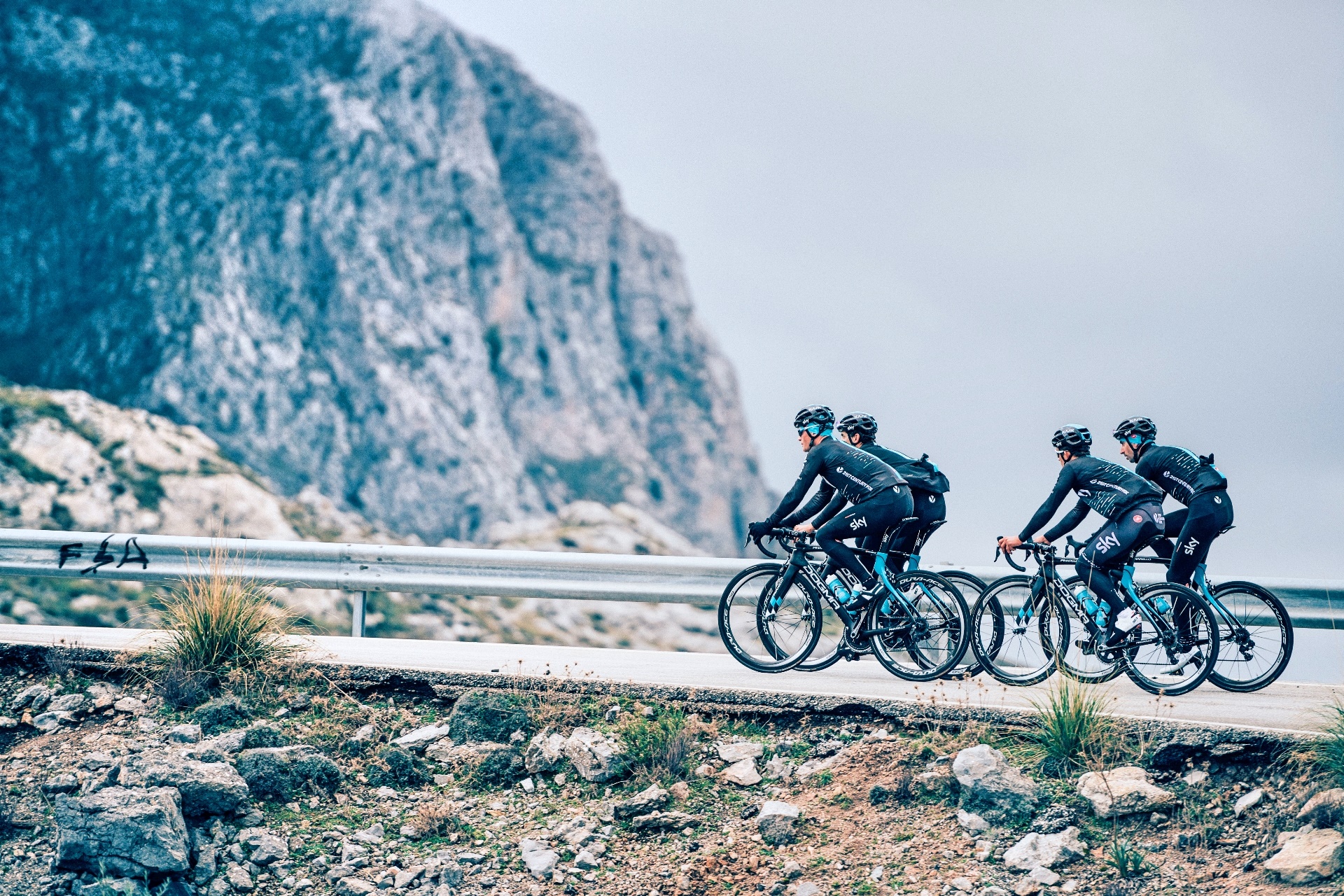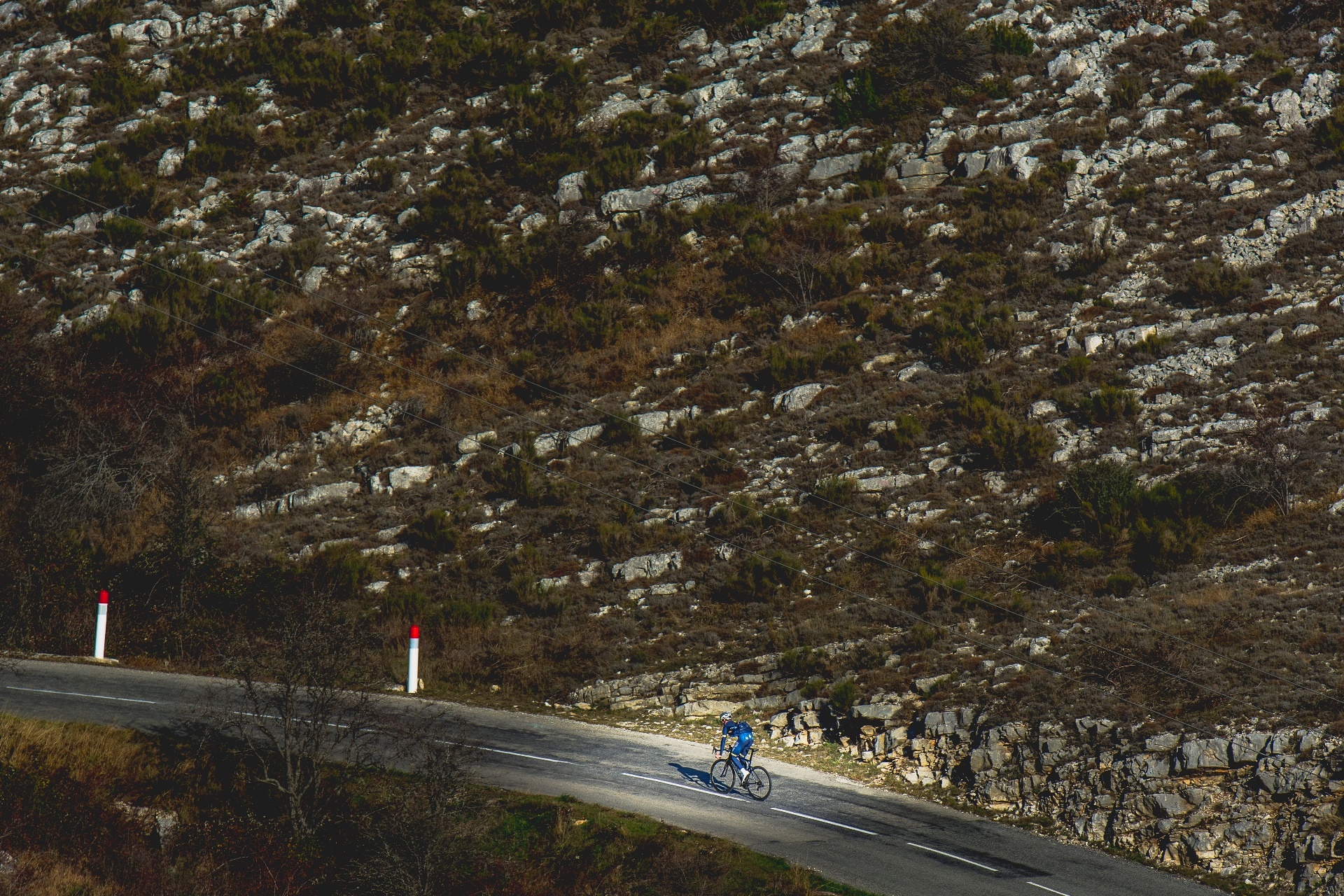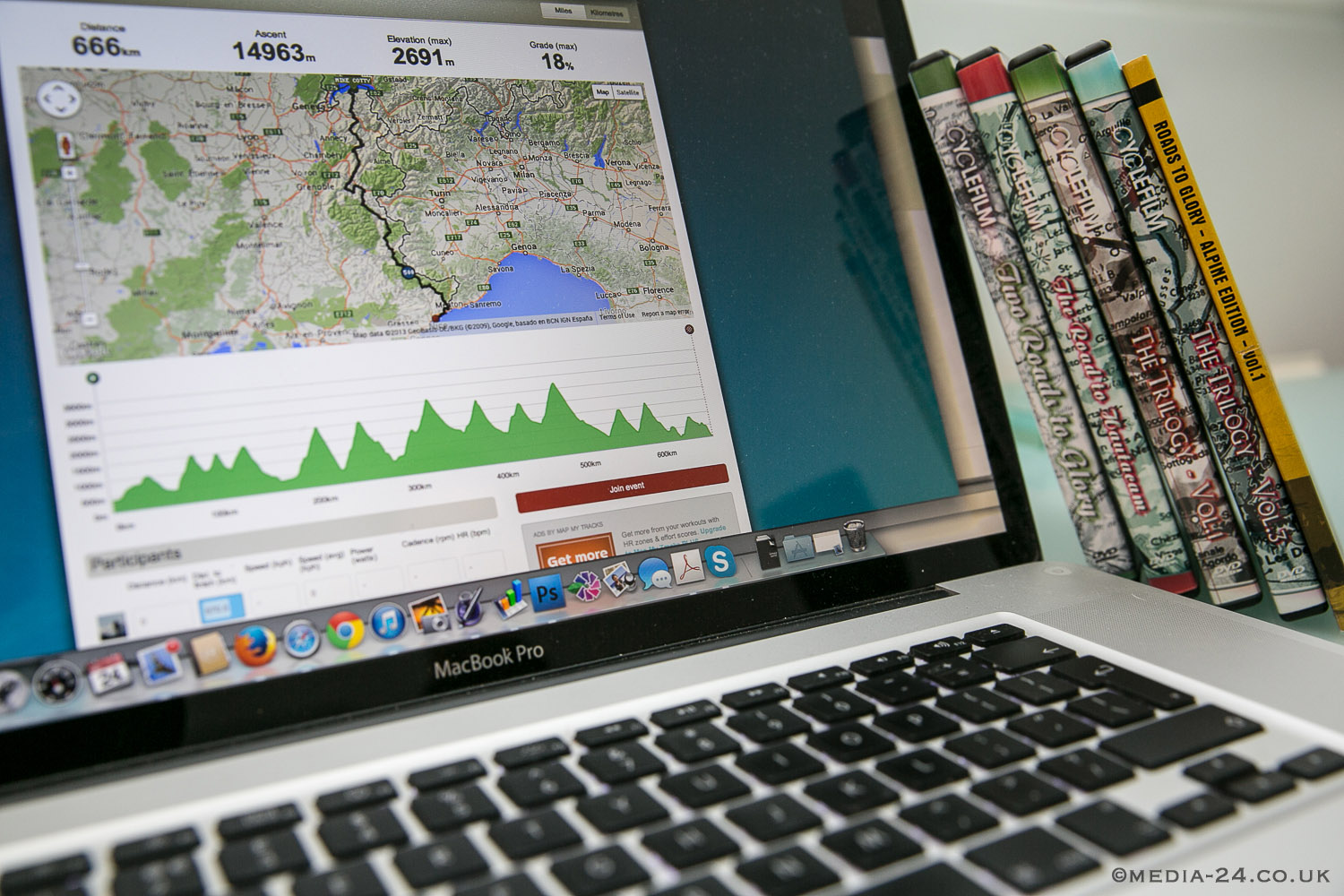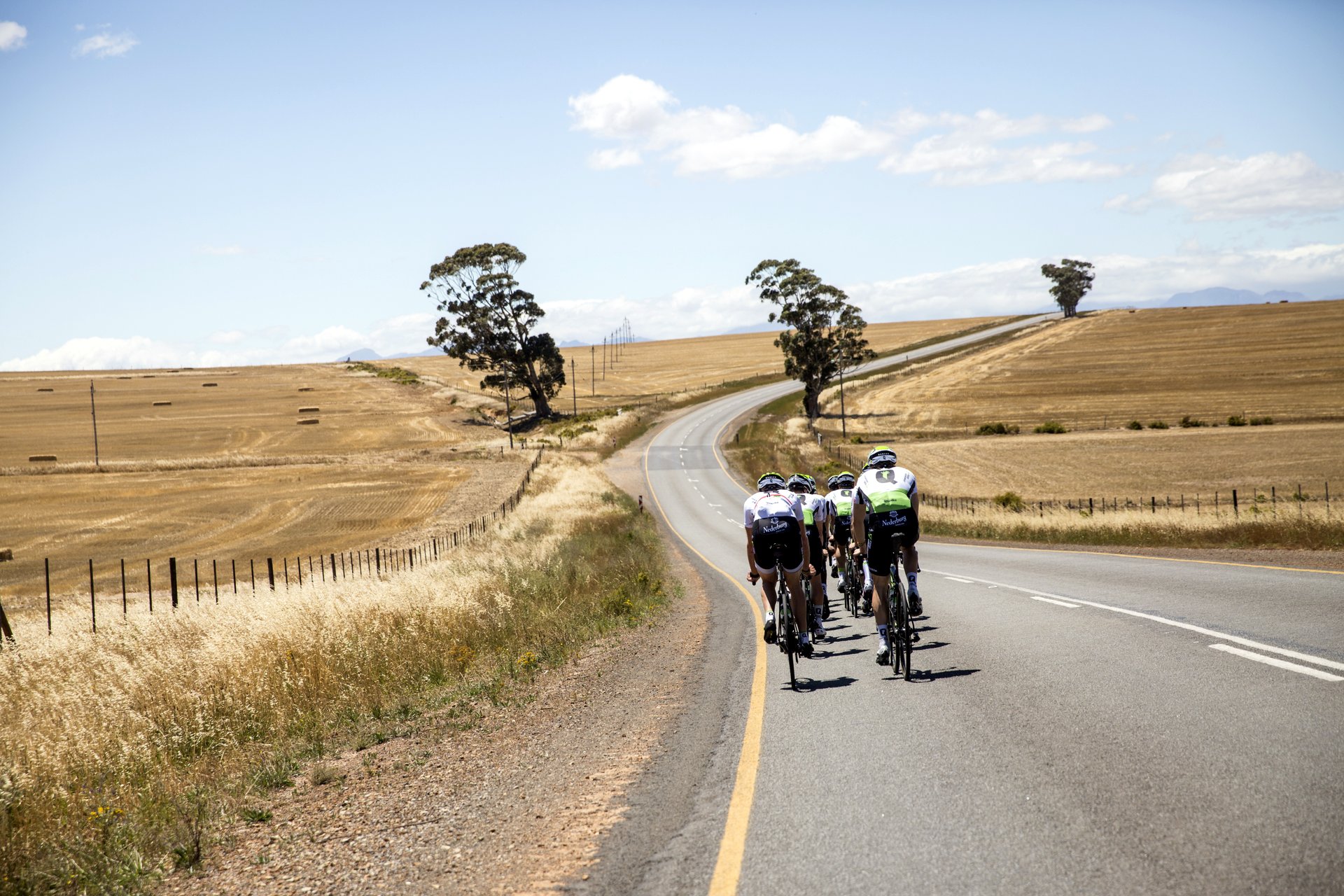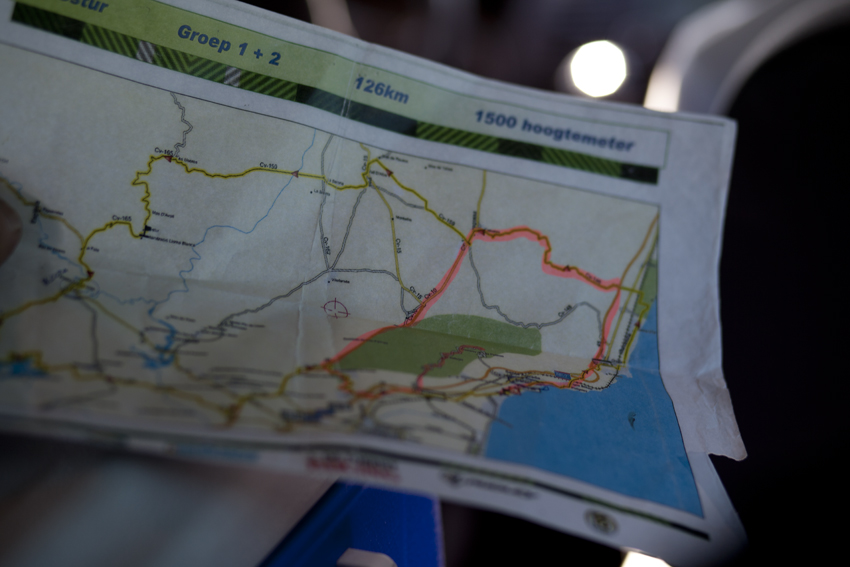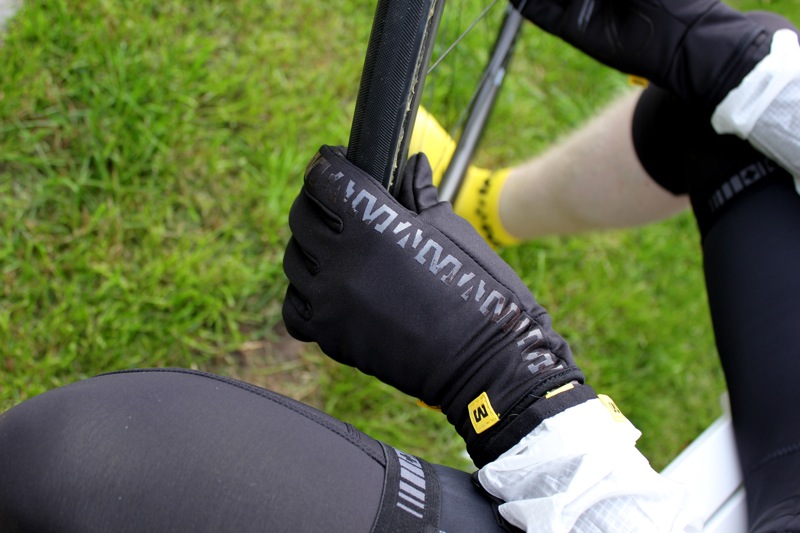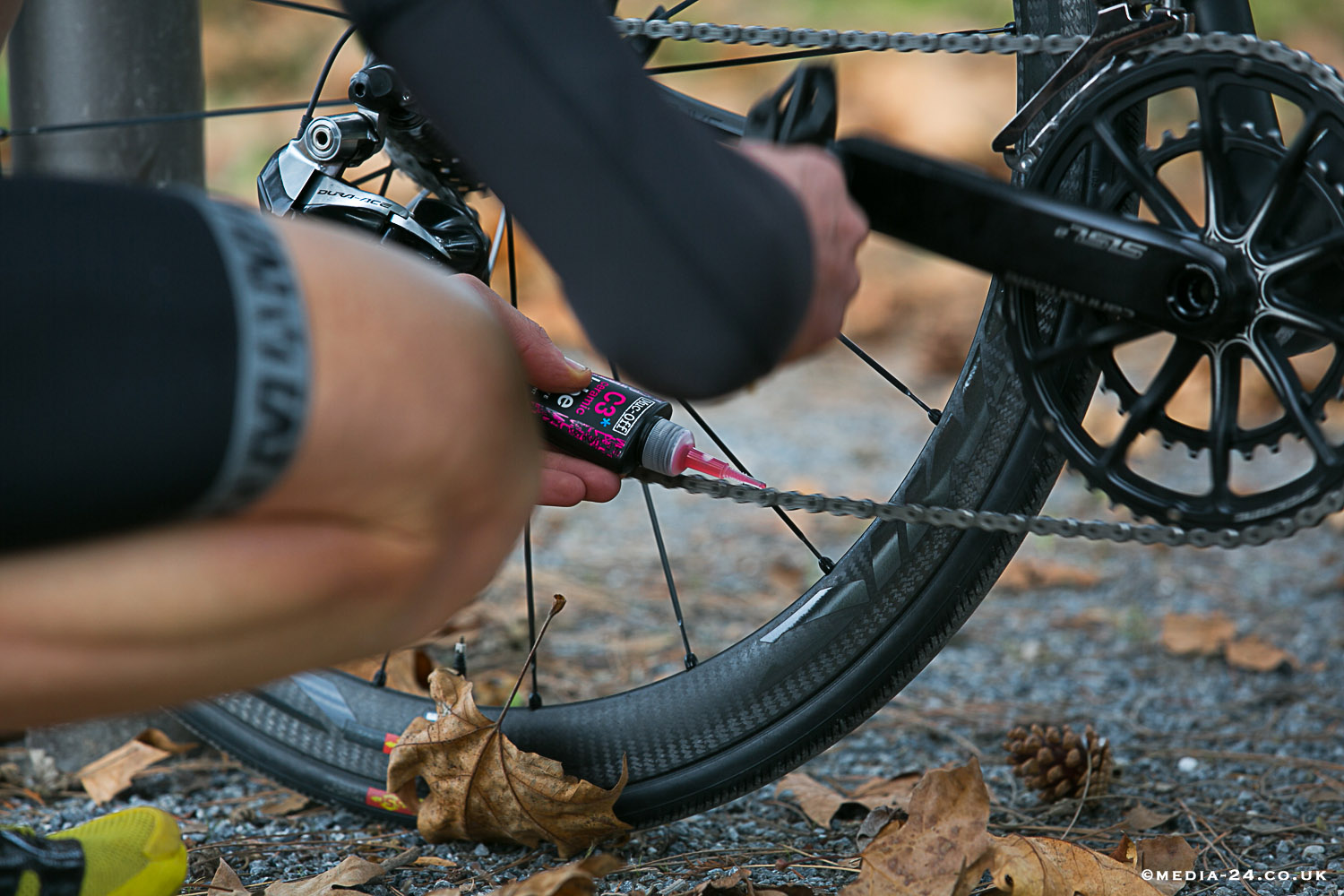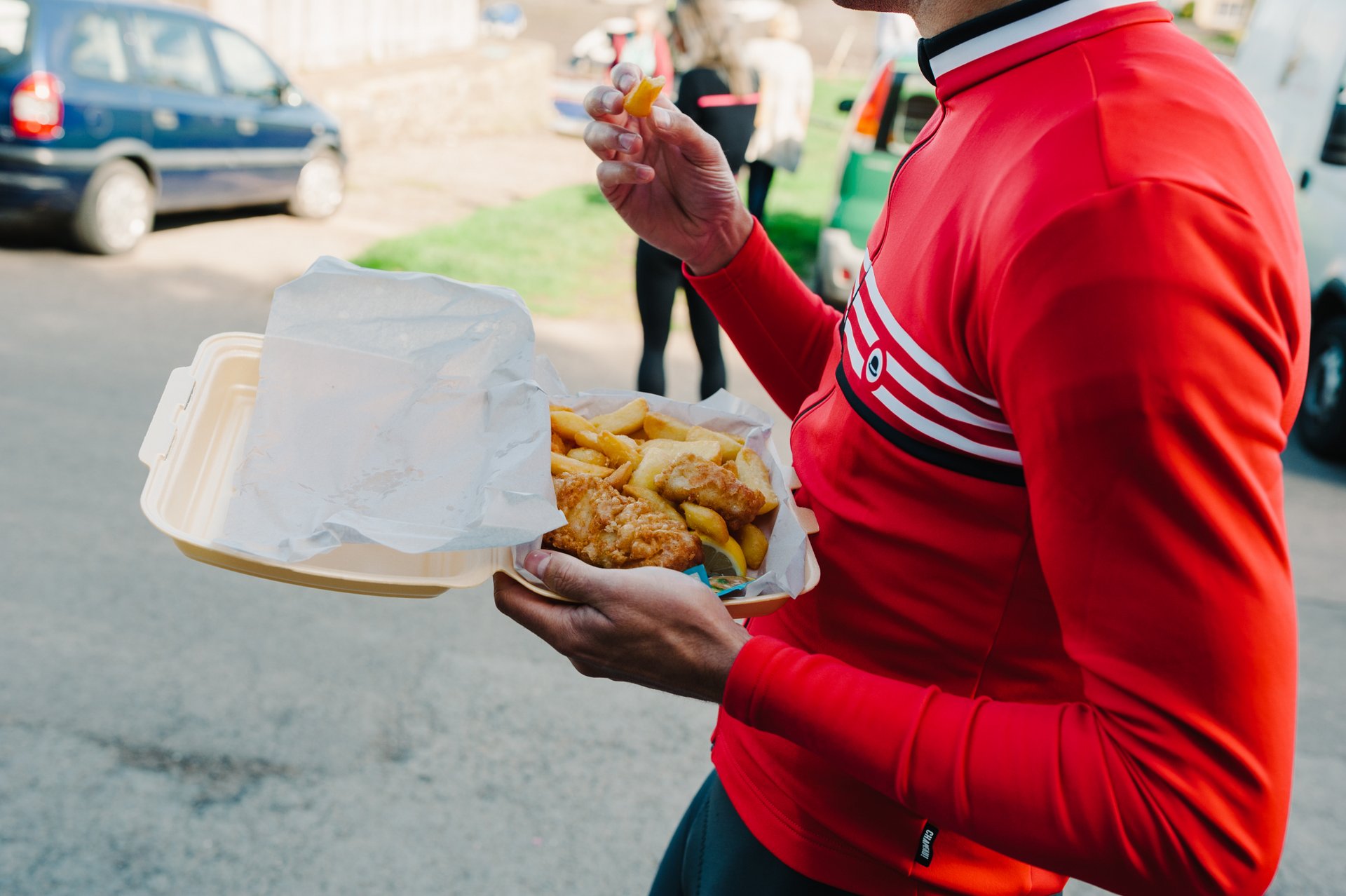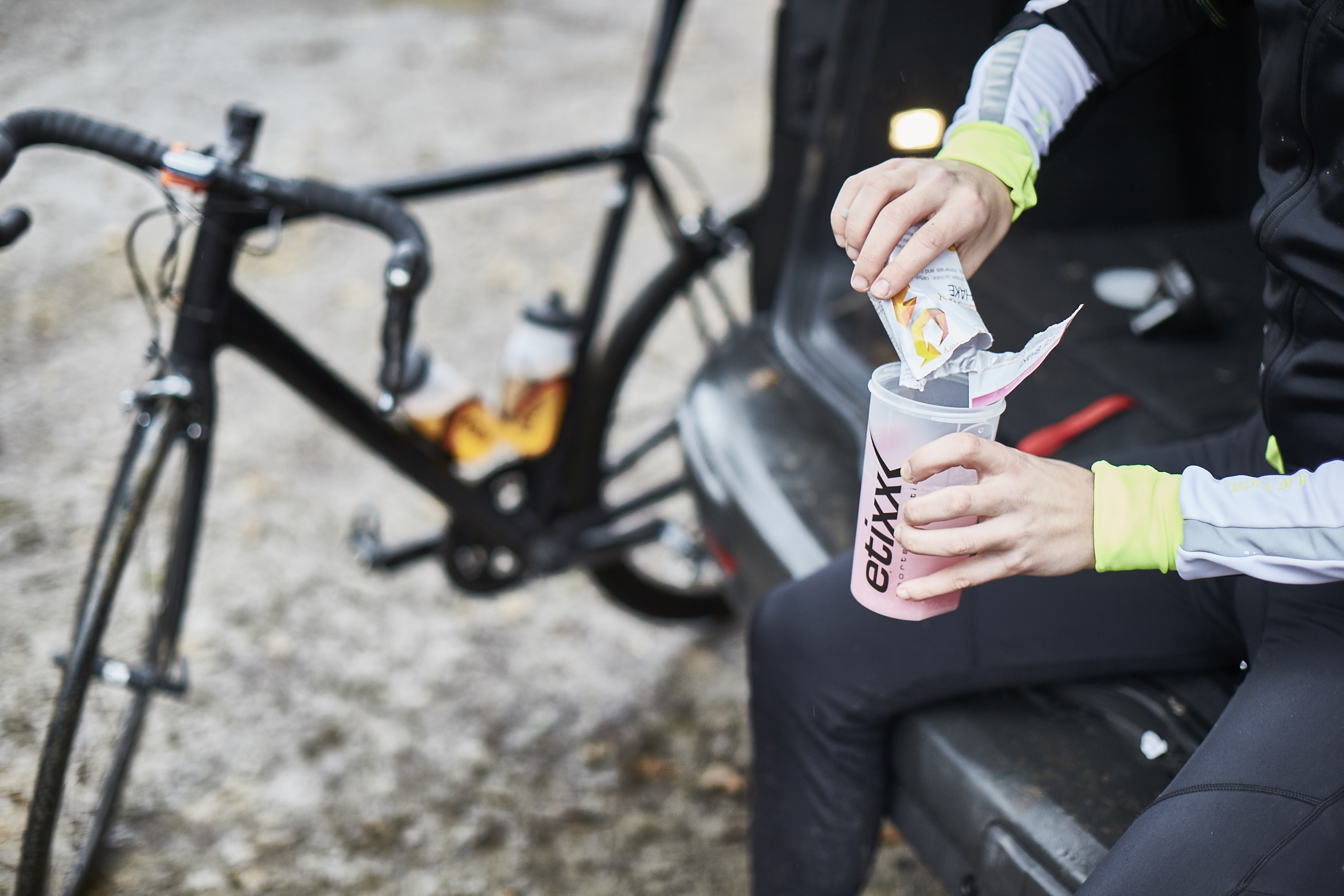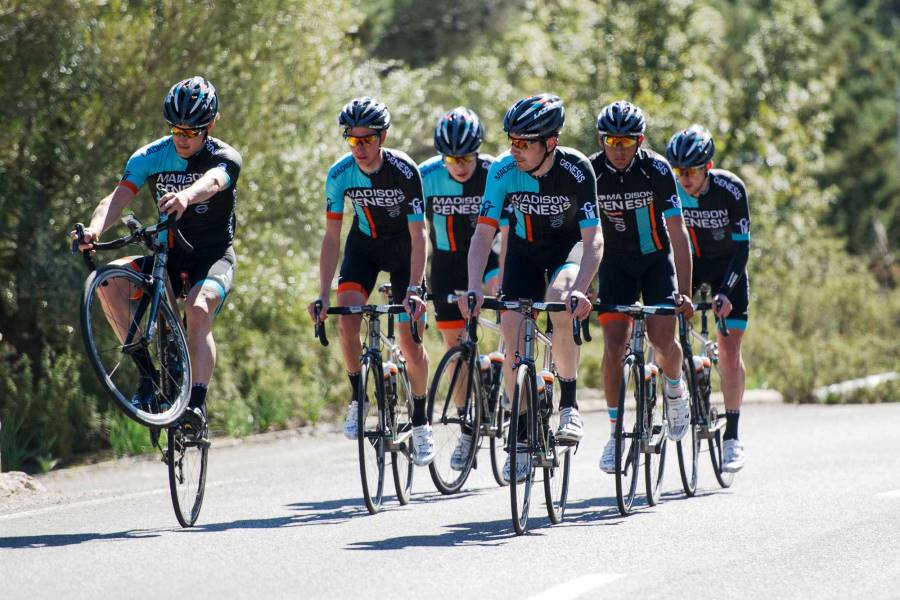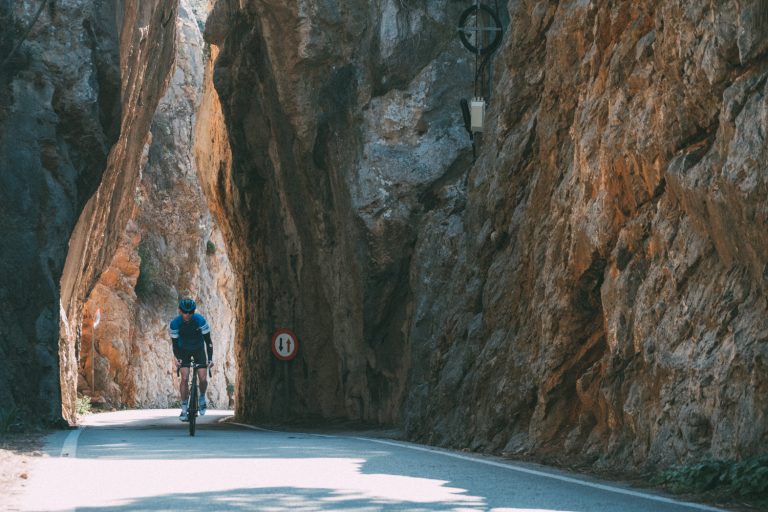Every winter and spring, UK cyclists make their annual migration south for a warm-weather training camp.
The idea of a week’s cycling, clocking up high mileage under a blue sky, on smooth, traffic-free roads, and with long climbs on the horizon is hard to resist for professional cyclists, amateur racers and sportive riders alike. In fact, we’ve recently been behind-the-scenes on Team Dimension Data’s pre-season training camp.
But you don’t need to head to South Africa, like Mark Cavendish and co, to get some quality training in. Majorca, Girona, Nice and Tenerife are just some of our favourites destinations closer to home.
